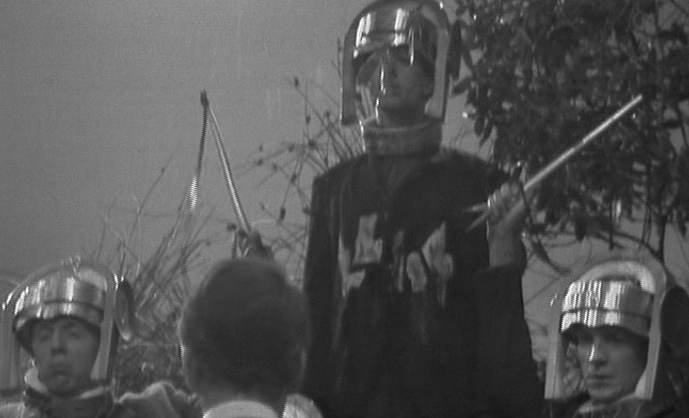Greetings friends! 
Could you please help me out with something?
I have a friend who is working in the field of BCI (Brain Computer Interfaces) and asks for aid in this task.
He requires one or (if possible) a few examples of SCI-FI stories where the story protagonists (or the universe of the story) use brain implants which (after implanting) change the personality or behavior of the individual (for better or worse).
Do you guys know of any such stories, perhaps? Mentioning prospective answers in the paper thanks will be noted (at least that is what I will let him know upon receiving the answer - give thanks where thanks is due...)
Anyway, take care fellas, and I'm also still personally searching for that book from my youth - couldn't still find it (20 years and ongoing wohoo)
Thankful,
Tom
Could you please help me out with something?
I have a friend who is working in the field of BCI (Brain Computer Interfaces) and asks for aid in this task.
He requires one or (if possible) a few examples of SCI-FI stories where the story protagonists (or the universe of the story) use brain implants which (after implanting) change the personality or behavior of the individual (for better or worse).
Do you guys know of any such stories, perhaps? Mentioning prospective answers in the paper thanks will be noted (at least that is what I will let him know upon receiving the answer - give thanks where thanks is due...)
Anyway, take care fellas, and I'm also still personally searching for that book from my youth - couldn't still find it (20 years and ongoing wohoo)
Thankful,
Tom


